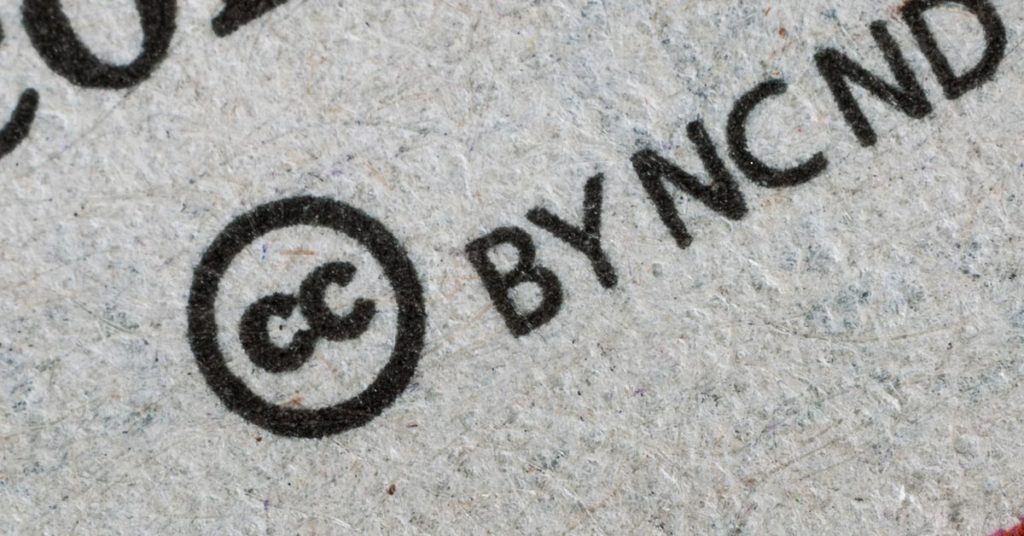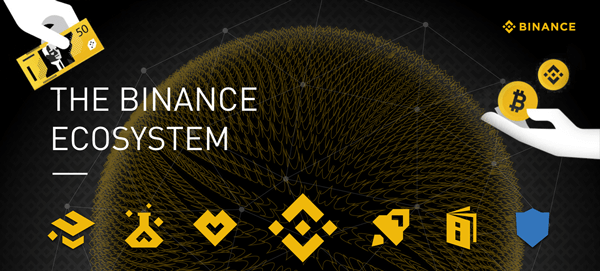I do not know who needs to hear this, but owning an NFT is not the same as owning a project’s copyright or intellectual property. This is the first point I’d like to make.
An NFT, or non-fungible token, is a type of digital asset that lives on a blockchain. It has a monetary value and is useful to authenticate and track the provenance of another piece of digital media. That can be JPEGs but also music files, or really anything else that can be saved to a hard drive. But an NFT is not the underlying media itself. That’s the second point.
This article is excerpted from The Node, CoinDesk’s daily roundup of the most pivotal stories in blockchain and crypto news. You can subscribe to get the full newsletter here.
Spending any amount of money, be it $5 or $40 million, on anything auctioned or traded as an NFT does not give you legal ownership over the underlying media associated with that token. What you do own when you buy an NFT are the keys to a non-fungible – perhaps unique – token. That token is yours to trade, or hold, or display in Decentraland. But the digital file associated with an NFT is just as easy to copy and paste and download as any other – the third point.
Consider this a PSA. The relationship between NFTs and digital works is nuanced. There’s often confusion anywhere that crypto rubs up against the real world. And while NFTs fit neatly into existing copyright law, there’s a possibility that these new technologies could alter existing IP protection standards for the better.
None of this is exactly obvious from looking at platforms like OpenSea or when you wade into NFT Twitter. Which is why I wanted to state it. Non-fungible tokens are often promoted as a way to bring “scarcity” and “permanence” to infinitely reproducible digital objects. In a way this view is correct. NFTs do bring scarcity to digital goods, but that scarcity is limited to the blockchain-based token itself.
It also seems reasonable to think if you buy a Bored Ape NFT, that ape is yours. As mentioned the underlying intellectual property belongs to the creators of the Bored Ape Yacht Club (who have Hollywood representation for their work), but the buyer might have a close emotional bond with “their” character. This might explain why people are using Bored Apes characters as profile pics on Twitter and LinkedIn.
Things get spicy
This weekend NFT critics drew an analogy and their ire to a recent successful auction of a rare print of the classic sci-fi novel “Dune.” In December, SpiceDAO, a decentralized autonomous organization, paid $3 million to buy Alejandro Jodorowsky’s unpublished manuscript for an unmade film adaptation of Frank Herbert’s 400-page odyssey at a Christie’s auction.
This weekend, a month after the hammer fell, the DAO tweeted its plans for the storyboard. They wanted to “Make the book public (to the extent permitted by law),” “Produce an original animated limited series inspired by the book and sell it to a streaming service,” and “Support derivative projects from the community.”
See also: Rare ‘Dune’ Manuscript Bought on DAO’s Behalf for $3M, but It Only Raised $700K
Seeing this tweet – of a plan that was known essentially when SpiceDAO initially crowdfunded $11.8 million – Wikipedia contributor and Web 3 critic Molly White published a story on her blog “Web 3 Is Going Great” titled, “SpiceDAO wins a $3 million auction to buy an extremely rare storyboard book of Dune, only to learn that owning a book doesn’t confer them copyright.” Other media orgs jumped at the occasion.
“[SpiceDAO] were quickly informed that buying the physical book did not somehow confer to them copyright or licensing rights (much like how buying an NFT does not automatically confer you the rights to the underlying artwork!). You’d think they might have checked that first,” White wrote.
Others joined a Twitter pile on. Some noted how buying a rare book isn’t the same as owning its contents. Others erroneously suggested the DAO purchased an NFT of the manuscript, which of course also wouldn’t confer ownership of Dune’s intellectual property. There is no NFT or plans for one, as far as I can tell.
Also called “Jodorowsky’s Bible,” the work is a collection of writings and prints that have historical significance. Making it as public as possible seems the right thing to do. Many noted the book’s contents are already hosted online (on Google Photos, for instance), but the DAO wanted to make public ownership a little more durable as Google can remove the file whenever.
See also: Google Bans Crypto Mining Apps from Play Store
The DAO members also wanted to treat the work with the appropriate amount of respect. A crowdfund was just one way to show how meaningful it is to the public. Creating derivative works by highly-motivated fans is another.
SpiceDAO is seemingly aware of what it bought and the legal considerations of their plans. After winning the auction, the DAO’s co-founder Soban Saqib told Buzzfeed it was in the process of transferring ownership for permanent storage, and figuring out how to manage the multiple copyrights for the bible’s contents that artists and their estates can lay claim to.
Frank Herbert’s “Dune” will not become public domain until 2060 in the U.S. and 2054 in the E.U., but there are still things the DAO can do. The laws around fan-fiction are a little looser, and the “fair use” exemption gives some leeway.
Although the DAO has a governance token (“SPICE”) that trades on the open market, it’s not clear the group aims to profit from its endeavors. It might bump up against securities rules. And after being forced to rename itself from DuneDAO, due to copyright complaints, you can be sure they’re aware of certain limitations.
What does this mean for NFTs?
NFTs and DAOs biggest plans are hemmed in by the law as it stands, and are relatively technologically simple things. NFTs are tokens for provenance. That makes it easier to assign value to digital items. DAOs are a way of organizing people, sharing funds and executing plans. There’s a lot of promise, but many limitations. The law isn’t necessarily one.
NFTs and DAOs are part of a sea-change in how people think about the web and digital ownership. It’s a “public goods” mindset, an overriding belief that people should be able to profit from their labors and collaborate more efficiently.
See also: NFT Artist Brian Frye Wants You to Steal This Article
There’s a legal standing that already fits this attitude: open copyright. There’s a growing trend for NFT creators to release their projects as CCO – the least restrictive copyright – so anyone can download, remix, transform and profit from these digital items. The tokens will still have an owner, but the work belongs to all.
In the U.S. there is a policy that any media – a song, a picture, a three-hour blockbuster film – is your property by default so long as you created the work. On Twitter, you make a post and you technically own the intellectual property behind it. You and you alone own that tweet. Same for blogposts. Or uploading pictures. By default, you own that work.
Frank Herbet’s estate may want to keep profiting from Herbert’s “Dune,” which is within their rights. It’s entirely possible that the next great work of literary significance will be crowdfunded by a DAO or an NFT. Let’s hope it truly does belong to the world.






